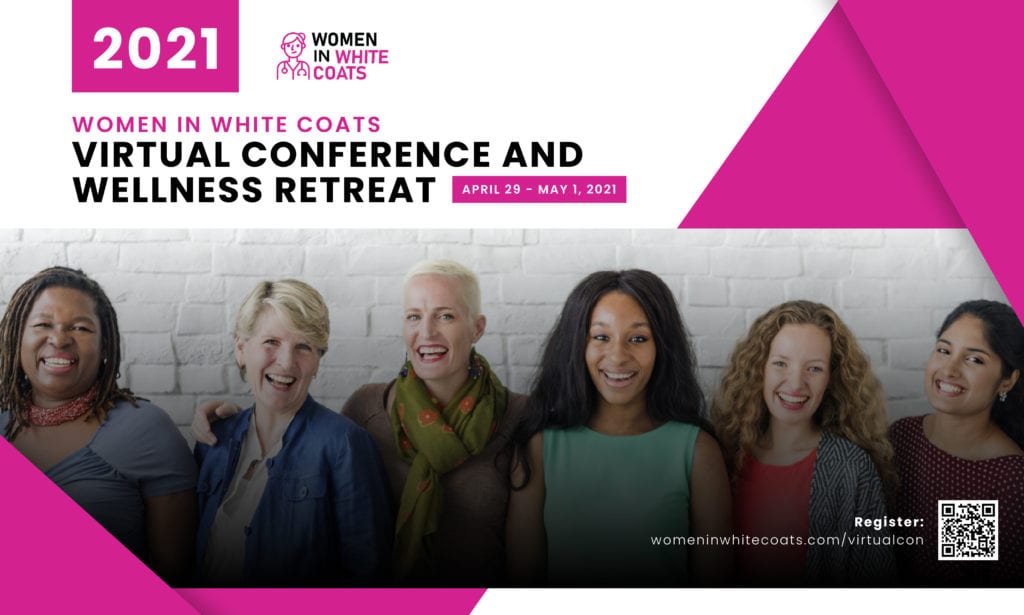Indeed, 2020 was a time of reflection for us all. A reflection on society, on the state of the world’s affairs, on ourselves and our own lives. I don’t know about you, but I have been gobsmacked at the amount of “excess,” in general, with which we are surrounded.
Let’s start with charting. As an Internist, coding and note-writing consumes a huge chunk of my time. Due to the pandemic, we shifted from face-to-face appointments to telephone appointments. With fewer checkboxes to click through, my notes were whittled down to their primary intention: a brief description of symptoms and events with an assessment and plan. How much extra documentation do we do that does not serve the physician in a practical or clinical sense? Indeed, a good note should fill a role for all physicians caring for patients, and I believe that to be the original intention of note-taking inpatient care.
How much of how we practice clinically is excess – excess labs, extra imaging, excess consultations? Much of this is driven by malpractice concerns and by the omnipotent Dr. Google. Throw in patient satisfaction surveys, and unnecessary labs will inevitably get ordered. This leads to excess phone calls and emails to doctors’ offices requesting interpretation of said tests.
Then there are the people in our lives. In my lifetime, I cannot think of a more divisive chasm politically than the year 2020. It is unfathomable to expect a country of 328 million people to share the same political beliefs, but 2020 created such deep rifts over political views that family members became estranged from each other, and friendships were ended. While I do not believe in ending relationships simply over political differences, it raised the awareness of assessing the company kept in life. Are you being loved, supported, and lifted by the people you choose to surround yourself with?
And then there’s just *stuff*. Stuff we accumulate in our homes and closets. The pandemic and spending far more time at home have made me realize how little, even after accounting for Maslow’s hierarchy of needs, that I actually need. I have an entire closet full of rarely worn sartorial delights — are they still delights, though, if I do not wear them? I have an assortment of kitchen gadgets and furniture that occupy space yet serve little purpose.

We cannot control so many things in life. Shoot, if you told me when I was a medical student that I would practice through a pandemic, I would have laughed. Mindfulness is the practice of being attentive, aware, and present. A component of mindfulness is understanding the things that are actually in our control. It is essential to differentiate what you have authority over from where you lack the power to help remove emotional burden and gain mental clarity.
I now crave a simpler life, so I choose to “trim the fat” wherever possible. I choose to practice medicine with a stronger focus on the interaction between myself and my patient and less of the “note bloat” by documenting just enough to portray the interaction. I cannot control the checkboxes and other metrics, so I accept that for what it is. I can spend a few minutes explaining to patients what is and what is not indicated and why it is so. I proactively send emails to patients with their results to mitigate some correspondence. Most people will accept the physician’s recommendations if they understand the why.
I can choose my inner circle. We care for each other, we support each other, and we are there for each other. My inner circle nourishes my soul. I am excited, and I feel blessed to have these people in my life. I can go through my home and closet and purge things I do not regularly use to create more space physically.
In summary, the pandemic has shown us that maybe we have complicated things too much. Identify where you have control and actively work towards creating the life you want. Streamlining work, friendships, family relationships, and our homes can lead to improved mental clarity.
Uzma Khan, MD, is a practicing Internist and a Women in White Coats writer’s fellow. She blogs about medicine, money, and life at http://www.meandmystethoscope.com/, and she can be found on Facebook Uzma Khan, MD, Instagram @uzmakhanmd and Twitter @uzmakhanmd




